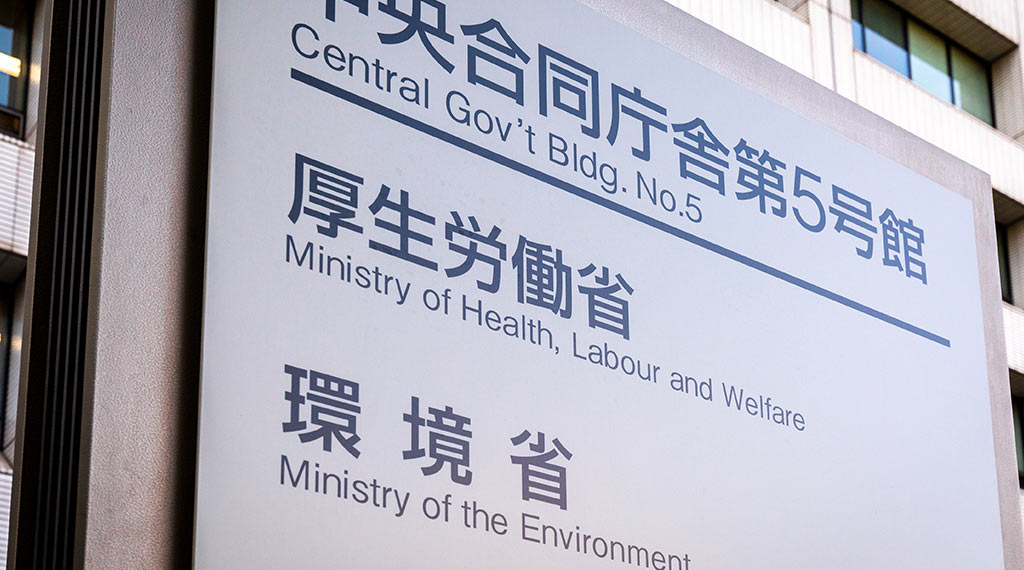
A just and rich irony of the COVID-19 pandemic would be that the virus — which the Chinese government allowed to spread through its censorship and cover-up tactics — ultimately causes the fall of the Chinese Communist Party (CCP). Unfortunately, that’s not likely to happen soon, even though protesters took to the streets this past weekend in cities across China, including Beijing, Shanghai and Wuhan, some of them calling for Chinese leader Xi Jinping to step down.
China’s strict “zero-COVID” policy and long-standing lockdowns led to the unusual uprisings, following a fatal fire in an apartment building in Urumqi, Xinjiang. According to accounts, victims there were under long-term lockdown and some may have had trouble escaping. In another irony, the display of the flag of the People’s Republic of China and the lyrics of the national anthem, which call upon the people to “rise up,” have become a symbol of protest against the CCP.
Protests are risky in China, with its intense police presence, closed-circuit TV, omnipresent recognition software, and tracking techniques that could identify some of those defying the government. Additionally, as the protests grow, the greater the need will be for Xi to crack down to sustain the party’s legitimacy.
Three questions come to mind as we watch these protests unfold:
- First, is this a pushback against the draconian COVID policies that Xi put in place, or is it a nascent pro-democracy movement given the anti-Xi, anti-CCP element?
- Second, as with the motivation behind the protests, we wonder how strong this movement might be and whether it can sustain itself over time, especially when a government crackdown inevitably occurs?
- Third, will the West, and the Biden administration in particular, do anything to help the Chinese people if indeed they seek freedom from communism?
Early indications were that these multi-city protests were sparked by the country’s strict COVID policy, with some anti-Xi and anti-party unrest incorporated into them. It is difficult to discern who the leaders are, or the degree of coordination among them. And although it’s a broad movement, spreading across the country, it is also hard to tell whether many of those involved are truly pushing to overthrow Xi and the CCP.
What we do know is this: The world should not underestimate the determination of Xi and the communist regime to remain in power and employ all of its tools — China’s police, army, surveillance state and intelligence services — to do so. The 1989 Tiananmen Square massacre serves as a stark reminder of that.
Still, there is much that the United States and its allies can do to assist. Now is the time for the Biden administration to boldly demonstrate support for civil society and popular movements in China, to build up human rights and, ideally, help the Chinese people to overthrow the CCP. Western governments should voice support for the protesters and convey support for sympathetic public demonstrations in Western cities, such as those in Taiwan and Australia.
This is also an opportunity for Western governments to collaborate more closely with human rights organizations and the Chinese diaspora to advance a greater understanding of China’s human rights abuses and incorporate these messages in official documents and meetings. Western governments also should encourage the use of technologies that allow Chinese citizens unfettered access to the internet and should assist with building civil society in China.
Western media and universities have a key role to play. They could host gatherings, meetings and workshops on human rights abuses in China and explore ways to lend support to the protesters while working to build civil society. Western universities should end their ties with the Chinese government and Chinese entities that support the CCP’s suppression of the protesters.
If the global community, led by the Biden administration, seizes this opportunity to embolden the protesters to take stronger action against the CCP, they might just build a coalition that can bring about the downfall of a repressive, aggressive regime.
- Victory over the PRC: Why engagement makes war with Beijing more likely - April 24, 2024
- The US must end engagement (and Biden’s neo-Engagement) with the PRC now - April 10, 2024
- How to address the CCP threat: Engagement, defeatism, or victory - April 3, 2024
